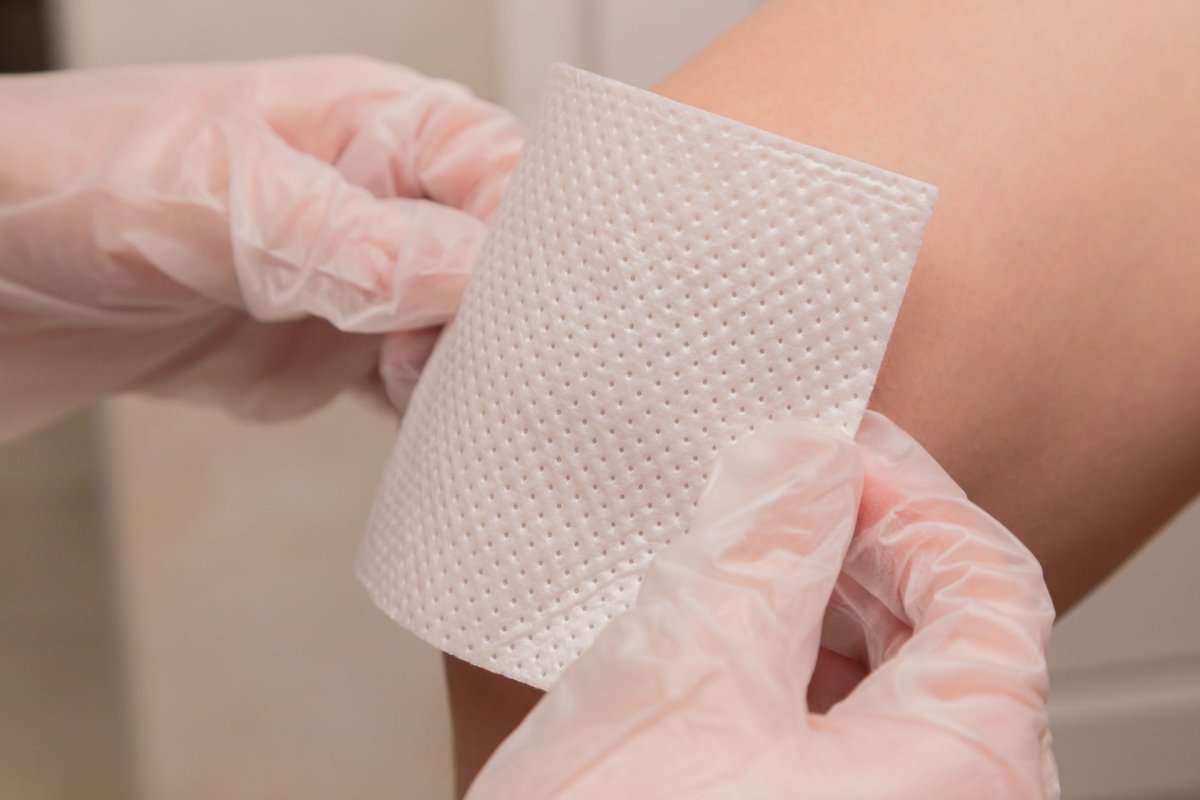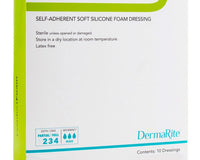If you have diabetes, even a tiny cut or scrape can become a severe complication. That's because diabetes can cause problems with how your body heals. When you have diabetes, your body doesn't heal as quickly as it should. That means that a cut or scrape that might not be such a big deal for someone without diabetes can turn into a serious problem for you.
When you have diabetes, your body's ability to heal wounds is affected by several factors. Arteries can become blocked prematurely, and nerves can be damaged, which is called diabetic neuropathy. These are just some side effects of diabetes that can slow down the healing process.
If you have diabetes, you must talk to your healthcare provider if you get a cut, scrape, blister, or ulcer.
Here's what you should know about diabetes wound care:
What Happens When Wounds of a Person with Diabetes Are Not Treated Appropriately
If you have diabetes, taking care of your wounds is important. If you don't take care of your wounds, they can become infected. And an infection can lead to serious health problems, including amputation.
If you have a deep cut or a serious burn, you should immediately see a doctor. They can give you a tetanus shot and prescribe antibiotics.
If you have diabetes, it's essential to check your wounds regularly. You should see your physician immediately if you see any signs of infection, such as redness, swelling, or pus.
Left untreated, an infection can spread to the bone and cause serious health problems. So it's important to get treatment as soon as possible.
Proper Treatment of Diabetic Wounds
There are a few things you must keep in mind when treating diabetic wounds:
- Keep the wound clean and dry. This will help to prevent infection.
- Apply pressure to the wound. This will help to stop bleeding.
- Apply a bandage. This will help protect the wound and keep it clean.
- Check the wound regularly. This will help to ensure that it is healing properly.
- Seek medical help if your wound does not appear to be healing or if it becomes infected.
Diabetic wounds can be difficult to heal, but they can heal successfully with proper care.
Diabetes Management Is Important to Prevent Wounds and Infections
Diabetes can impact nearly every part of your body, so it's essential to keep it under control. Maintaining your blood sugar levels as close to your target level as possible can help reduce your risk of developing any complications related to diabetes.
Managing diabetes means being physically active, eating a nutritious diet, following your medication regimen, and avoiding tobacco use. Tobacco products contain harmful chemicals that interfere with healing and are associated with circulation problems.
Regular Foot Exams Are Crucial for Patients with Diabetes
Regular foot exams are so important for people with diabetes. These exams can help catch problems early before they become serious.
During a foot exam, your doctor will check for any signs of trouble, such as sores, infections, or deformities. They will also check the sensation in your feet and look for any signs of nerve damage.
If you have diabetes, it's essential to see your doctor for regular foot exams. These exams can help catch minor problems before they worsen.
Conclusion
Taking proper care of wounds is vital, especially if you have diabetes. Without appropriate diabetes care, the healing process could be slow, and the risk of infection is increased, so it is essential to clean and dress wounds regularly. If you have diabetes, talk to your doctor about the best way to care for your wounds.
Cart Health makes it easier for you to find products that you need for diabetes care, from diabetic drinks to test strips and more. Get the products you need from Cart Health today!









